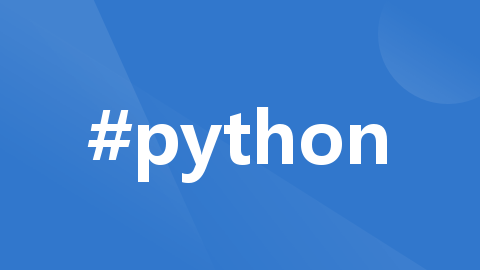
【LangChain】自定义chain
并继承Chain类;由于Chain_call()方法。通过创建chain,在执行run方法运行。
·
LangChain学习文档
概述
要实现自定义Chain,我们可以使用Chain的子类,并实现它,如下:
内容
from __future__ import annotations
from typing import Any, Dict, List, Optional
from pydantic import Extra
from langchain.base_language import BaseLanguageModel
from langchain.callbacks.manager import (
AsyncCallbackManagerForChainRun,
CallbackManagerForChainRun,
)
from langchain.chains.base import Chain
from langchain.prompts.base import BasePromptTemplate
# 继承Chain类
class MyCustomChain(Chain):
"""
An example of a custom chain.
"""
prompt: BasePromptTemplate
"""Prompt object to use."""
llm: BaseLanguageModel
output_key: str = "text" #: :meta private:
class Config:
"""Configuration for this pydantic object."""
extra = Extra.forbid
arbitrary_types_allowed = True
# 来自Chain抽象类,必须重写
@property
def input_keys(self) -> List[str]:
"""Will be whatever keys the prompt expects.
:meta private:
"""
return self.prompt.input_variables
# 来自Chain抽象类,必须重写
@property
def output_keys(self) -> List[str]:
"""Will always return text key.
:meta private:
"""
return [self.output_key]
# 来自Chain抽象类,必须重写
def _call(
self,
inputs: Dict[str, Any],
run_manager: Optional[CallbackManagerForChainRun] = None,
) -> Dict[str, str]:
# Your custom chain logic goes here
# This is just an example that mimics LLMChain
prompt_value = self.prompt.format_prompt(**inputs)
# Whenever you call a language model, or another chain, you should pass
# a callback manager to it. This allows the inner run to be tracked by
# any callbacks that are registered on the outer run.
# You can always obtain a callback manager for this by calling
# `run_manager.get_child()` as shown below.
response = self.llm.generate_prompt(
[prompt_value], callbacks=run_manager.get_child() if run_manager else None
)
# If you want to log something about this run, you can do so by calling
# methods on the `run_manager`, as shown below. This will trigger any
# callbacks that are registered for that event.
if run_manager:
run_manager.on_text("Log something about this run")
return {self.output_key: response.generations[0][0].text}
async def _acall(
self,
inputs: Dict[str, Any],
run_manager: Optional[AsyncCallbackManagerForChainRun] = None,
) -> Dict[str, str]:
# Your custom chain logic goes here
# This is just an example that mimics LLMChain
prompt_value = self.prompt.format_prompt(**inputs)
# Whenever you call a language model, or another chain, you should pass
# a callback manager to it. This allows the inner run to be tracked by
# any callbacks that are registered on the outer run.
# You can always obtain a callback manager for this by calling
# `run_manager.get_child()` as shown below.
response = await self.llm.agenerate_prompt(
[prompt_value], callbacks=run_manager.get_child() if run_manager else None
)
# If you want to log something about this run, you can do so by calling
# methods on the `run_manager`, as shown below. This will trigger any
# callbacks that are registered for that event.
if run_manager:
await run_manager.on_text("Log something about this run")
return {self.output_key: response.generations[0][0].text}
@property
def _chain_type(self) -> str:
return "my_custom_chain"
from langchain.callbacks.stdout import StdOutCallbackHandler
from langchain.chat_models.openai import ChatOpenAI
from langchain.prompts.prompt import PromptTemplate
chain = MyCustomChain(
prompt=PromptTemplate.from_template("tell us a joke about {topic}"),
llm=ChatOpenAI(),
)
chain.run({"topic": "callbacks"}, callbacks=[StdOutCallbackHandler()])
"""
> Entering new MyCustomChain chain...
Log something about this run
> Finished chain.
'Why did the callback function feel lonely? Because it was always waiting for someone to call it back!'
"""
总结:
- 自定义一个类(如:
MyCustomChain)并继承Chain类;如:class MyCustomChain(Chain): - 由于
Chain是抽象类,需要重装其三个方法:input_keys()、output_keys()、_call()方法。 - 通过
MyCustomChain创建chain,在执行run方法运行。
参考地址:

开放原子开发者工作坊旨在鼓励更多人参与开源活动,与志同道合的开发者们相互交流开发经验、分享开发心得、获取前沿技术趋势。工作坊有多种形式的开发者活动,如meetup、训练营等,主打技术交流,干货满满,真诚地邀请各位开发者共同参与!
更多推荐
 已为社区贡献17条内容
已为社区贡献17条内容





所有评论(0)